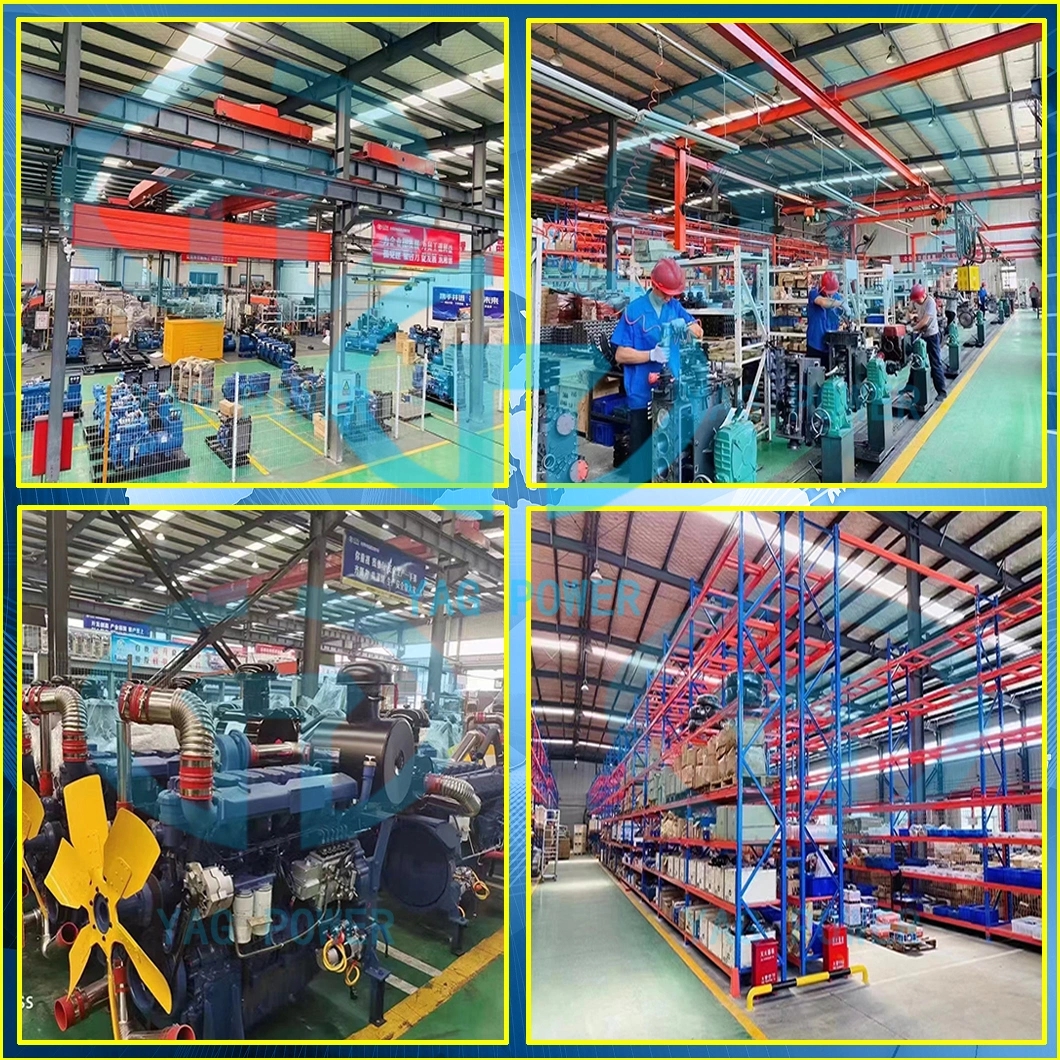Introduction
Diesel generators play a vital role in providing backup power in various applications, from hospitals to data centers to remote off-grid locations. However, the efficiency of diesel generators is a critical factor that impacts not only their performance but also their environmental impact and overall cost of operation. In this article, we will explore the importance of efficiency standards for diesel generators and how they can help improve performance, reduce emissions, and save costs.
Importance of Efficiency Standards for Diesel Generators
Efficiency standards for diesel generators are essential for several reasons. First and foremost, improving the efficiency of diesel generators can lead to significant cost savings for users. Higher efficiency means that the generator can produce more power with less fuel, resulting in lower operating costs over the lifetime of the generator. This is particularly important for applications where the generator is used frequently, such as in remote locations or as a backup power source.
Secondly, improving the efficiency of diesel generators can also help reduce their environmental impact. Diesel generators are known for their emissions of pollutants such as nitrogen oxides (NOx), particulate matter, and carbon monoxide. By increasing the efficiency of the generator, less fuel is burned to produce the same amount of power, resulting in lower emissions per unit of electricity generated. This can help reduce air pollution and mitigate the impact of diesel generators on local air quality and public health.
Moreover, efficiency standards for diesel generators can drive innovation in the industry. Manufacturers are incentivized to develop more efficient technologies and improve the design of their generators to meet these standards. This can lead to the development of cleaner, more reliable, and more cost-effective diesel generators that benefit both users and the environment.
Current Efficiency Standards for Diesel Generators

In many countries around the world, there are existing efficiency standards and regulations that govern the performance of diesel generators. These standards may vary depending on the application and size of the generator, but they generally aim to improve efficiency, reduce emissions, and ensure reliable operation.
500kw diesel generator for remote construction projects used for diesel generators is the fuel consumption rate, which is typically measured in liters of fuel consumed per kilowatt-hour (kWh) of electricity generated. Lower fuel consumption rates indicate higher efficiency, as the generator is able to produce more power with less fuel. Efficiency standards may set maximum allowable fuel consumption rates for different types and sizes of generators to ensure that they meet minimum efficiency requirements.
In addition to fuel consumption rates, efficiency standards for diesel generators may also include requirements related to emissions of pollutants such as NOx, particulate matter, and carbon monoxide. These standards aim to limit the environmental impact of diesel generators and ensure that they comply with local air quality regulations.
Challenges in Implementing Efficiency Standards for Diesel Generators
While efficiency standards for diesel generators offer many benefits, there are also challenges in implementing and enforcing these standards. One of the main challenges is the diversity of applications and operating conditions in which diesel generators are used. Generators may vary in size, power output, fuel type, and operating hours, making it difficult to develop a one-size-fits-all efficiency standard that applies to all generators.
Moreover, enforcing efficiency standards for diesel generators can be challenging due to limited resources for monitoring and compliance verification. In some regions, there may be a lack of capacity to test and certify generators to ensure they meet efficiency requirements. This can result in non-compliant generators being used, which undermines the effectiveness of efficiency standards and may lead to increased emissions and operating costs.
Another challenge is the cost of compliance with efficiency standards for diesel generators. Manufacturers may incur additional expenses in developing and testing new technologies to improve efficiency, which can be passed on to consumers in the form of higher prices for compliant generators. This can create barriers to adoption for users, particularly in regions where cost is a significant factor in purchasing decisions.
Future Trends in Efficiency Standards for Diesel Generators
Despite the challenges, there are several trends shaping the future of efficiency standards for diesel generators. One key trend is the increasing focus on renewable energy sources and energy storage technologies as alternatives to diesel generators. As renewable energy becomes more affordable and accessible, there is growing interest in using solar, wind, and other clean energy sources to reduce reliance on diesel generators for backup power.
Another trend is the development of hybrid generator systems that combine diesel generators with energy storage technologies such as batteries. These hybrid systems can improve efficiency by optimizing the use of energy from both sources and reducing the need for the diesel generator to operate at full capacity. Efficiency standards for diesel generators may need to evolve to account for these new technologies and encourage their adoption in the market.
Furthermore, advances in digitalization and monitoring technologies are enabling more precise measurement and optimization of generator performance. Real-time monitoring systems can track fuel consumption, emissions, and other key parameters to help operators improve the efficiency of their diesel generators and ensure compliance with efficiency standards. As these technologies become more widespread, they can play a crucial role in increasing the overall efficiency of diesel generator fleets.
Conclusion
Efficiency standards for diesel generators are essential for improving performance, reducing emissions, and saving costs in a wide range of applications. By setting clear requirements for fuel consumption, emissions, and other key parameters, efficiency standards can drive innovation in the industry and encourage the development of cleaner, more reliable generators. While there are challenges in implementing and enforcing efficiency standards, ongoing trends in renewable energy, hybrid systems, and digitalization are shaping the future of diesel generator efficiency. By addressing these challenges and embracing these trends, stakeholders can work together to ensure that diesel generators remain a reliable and efficient source of backup power for years to come.
